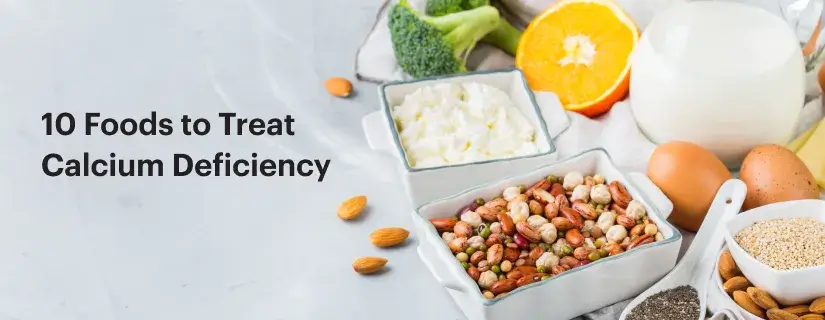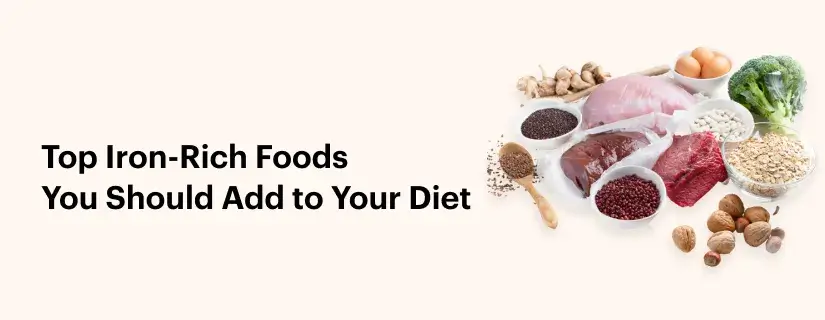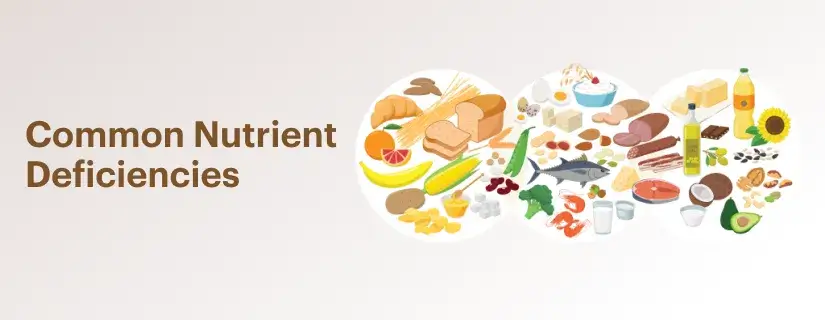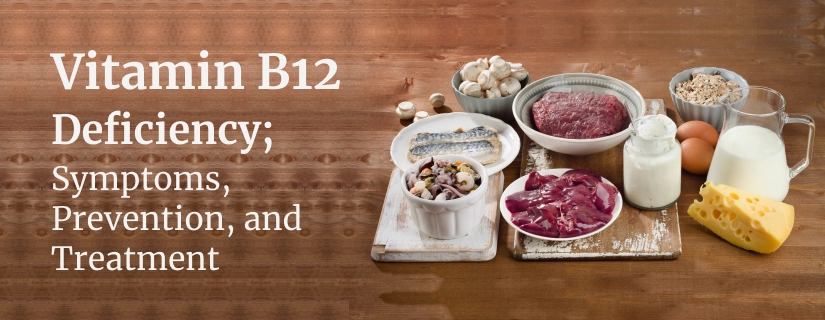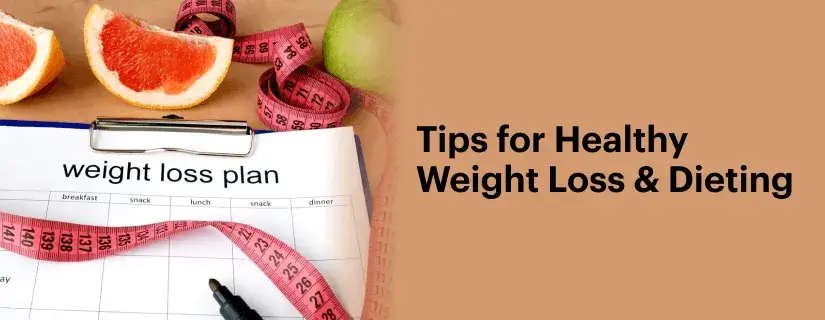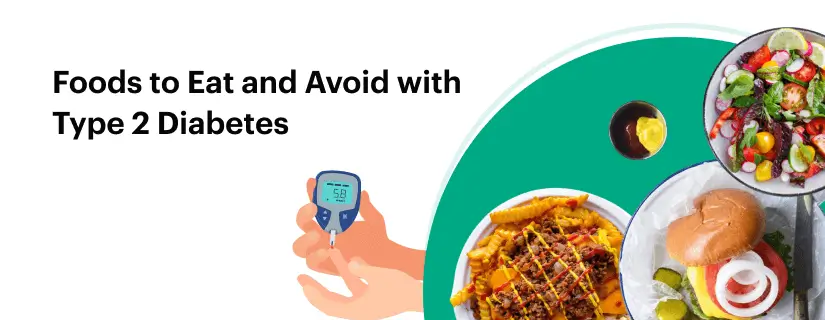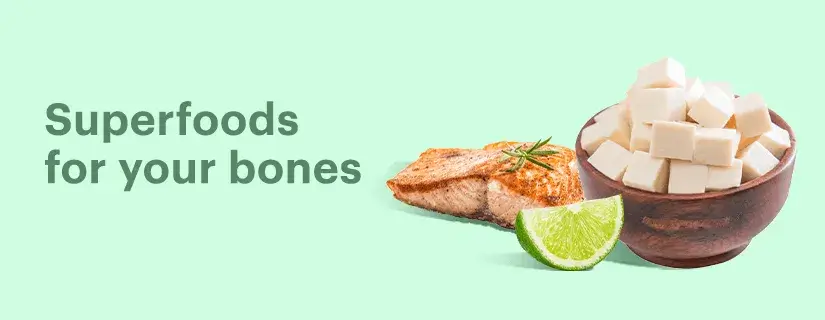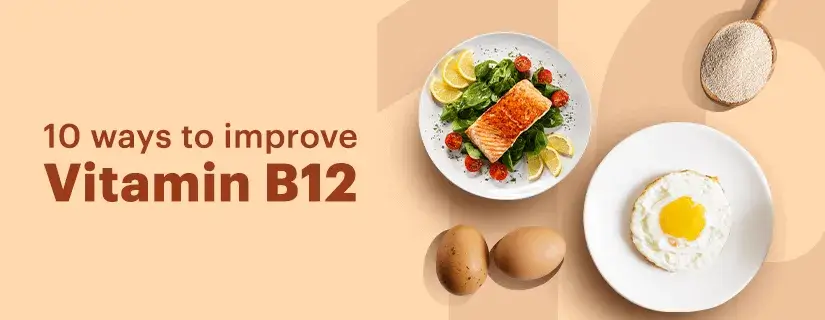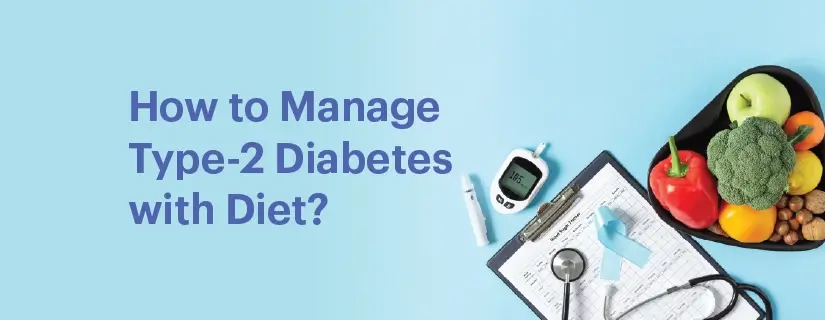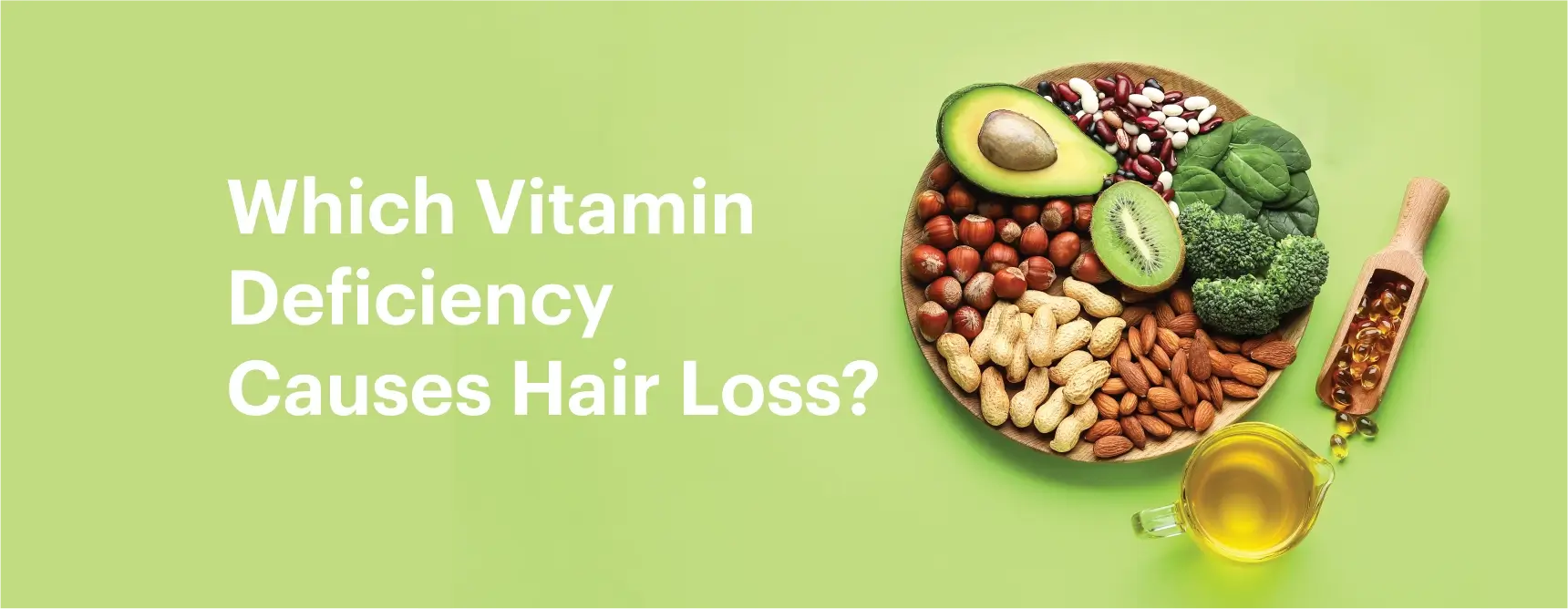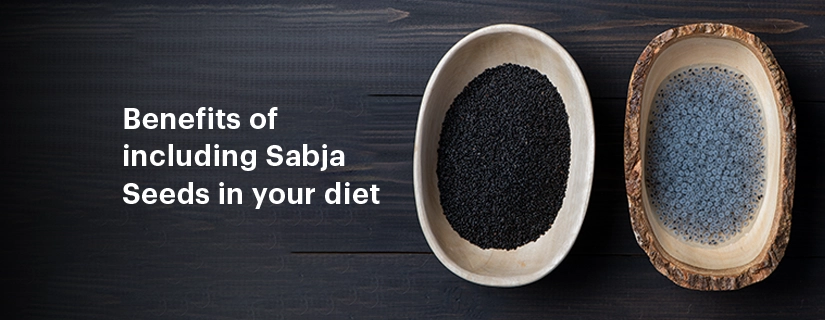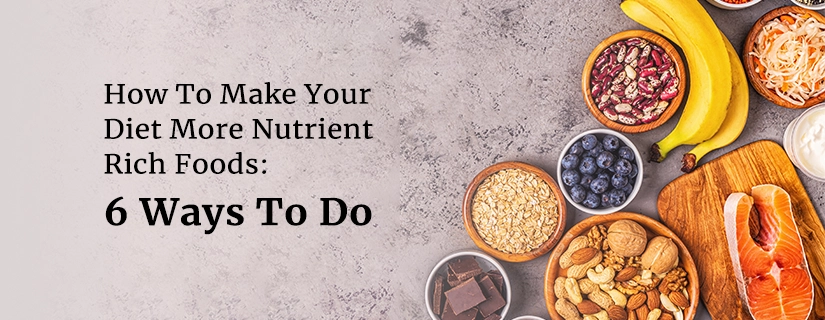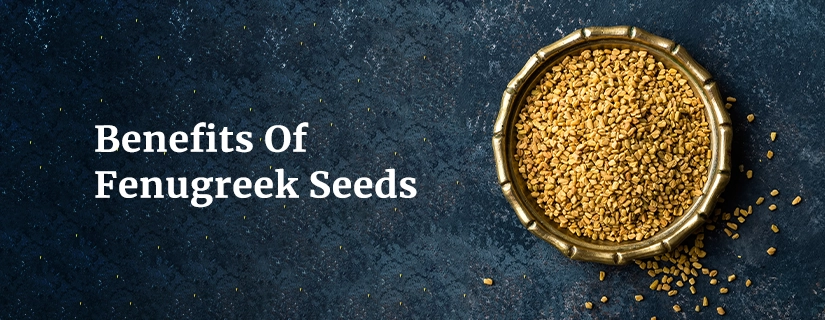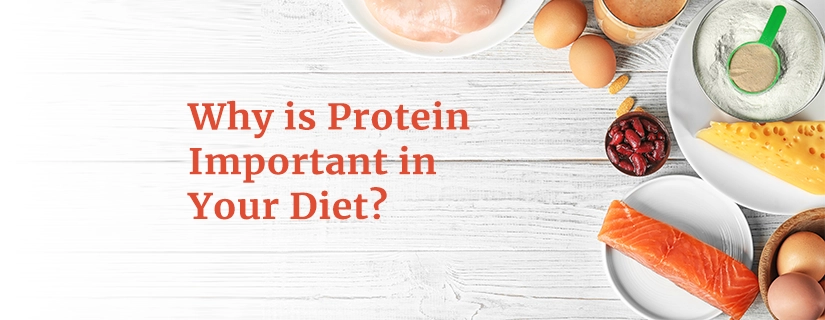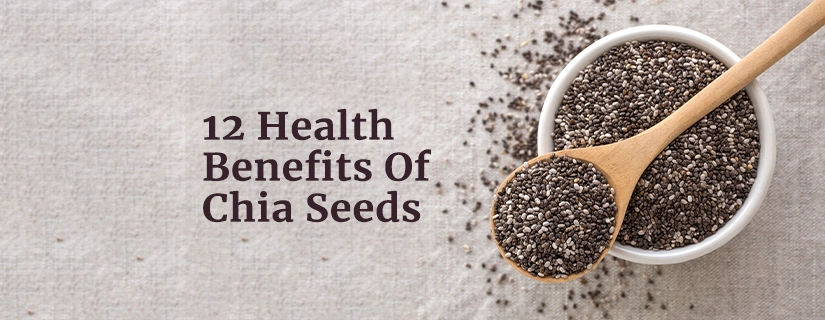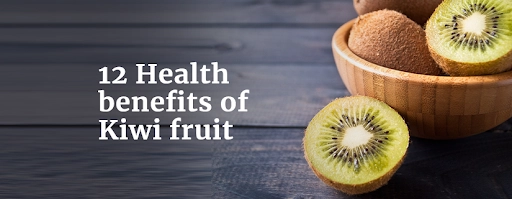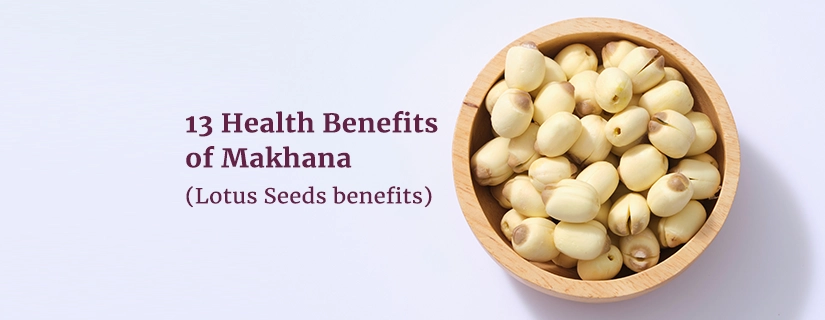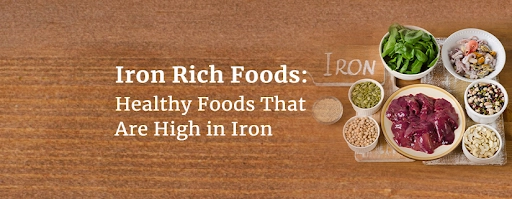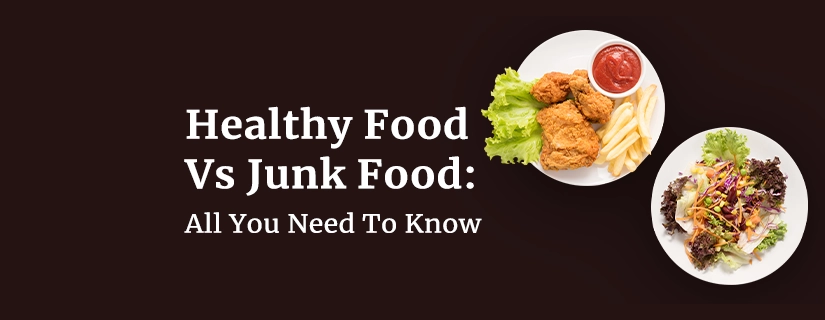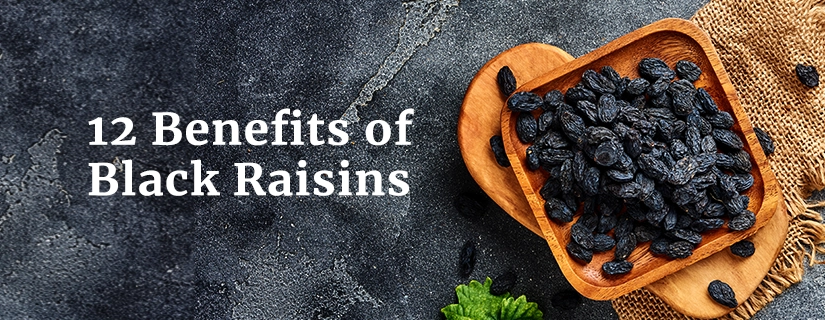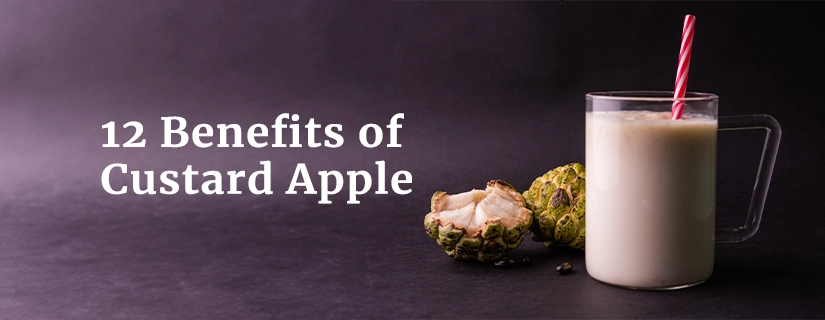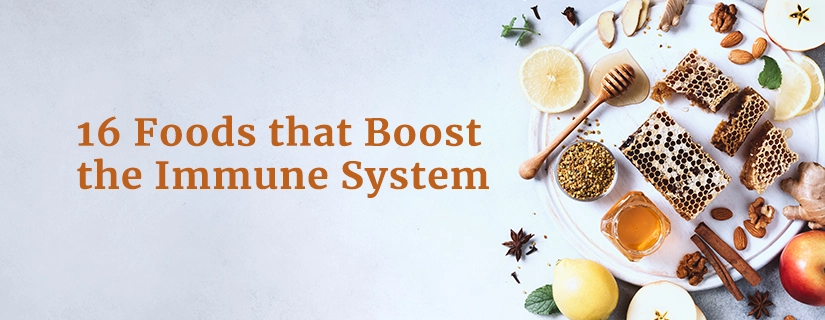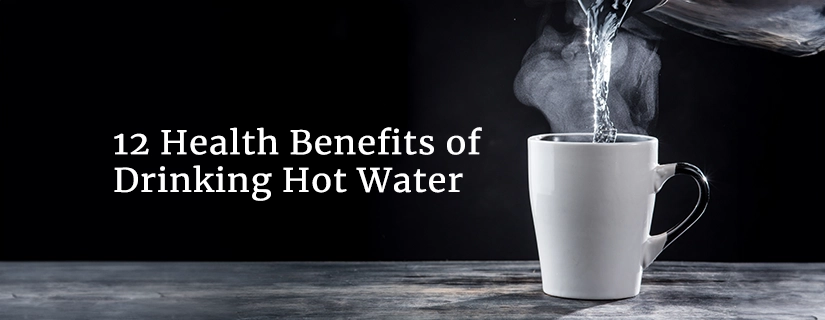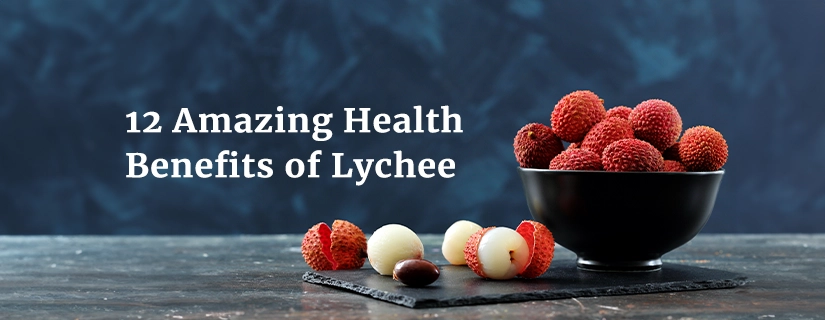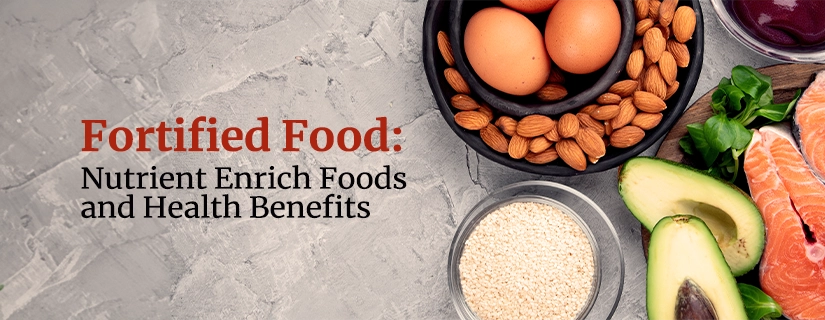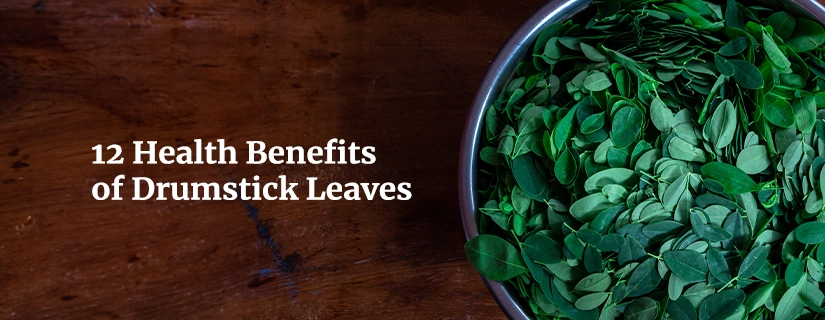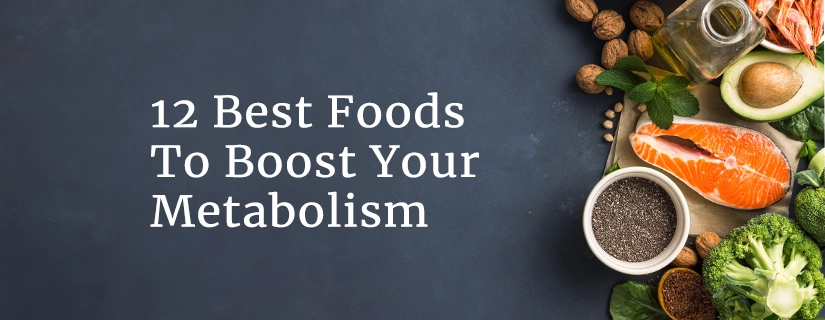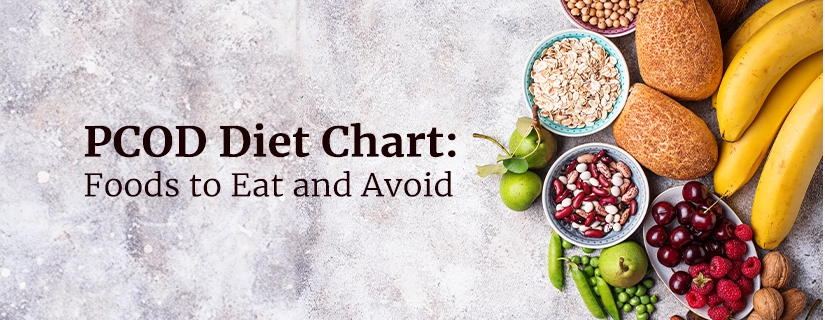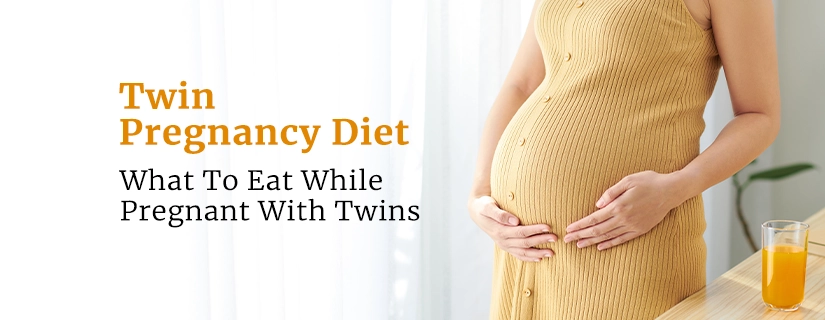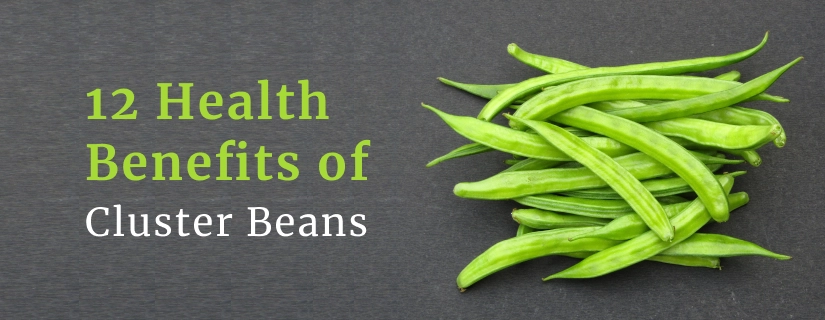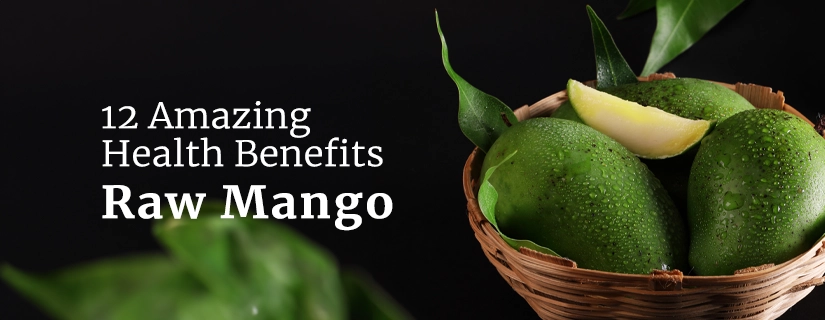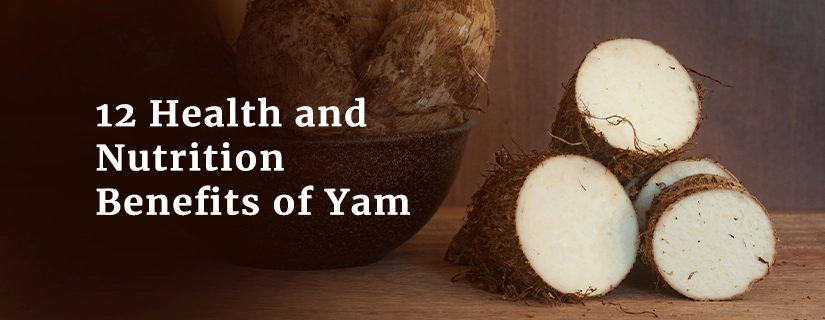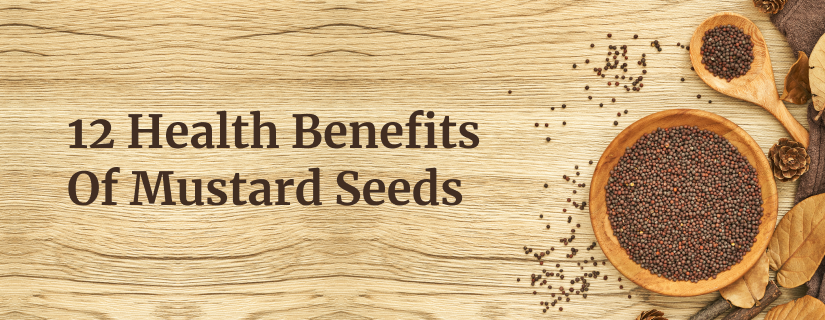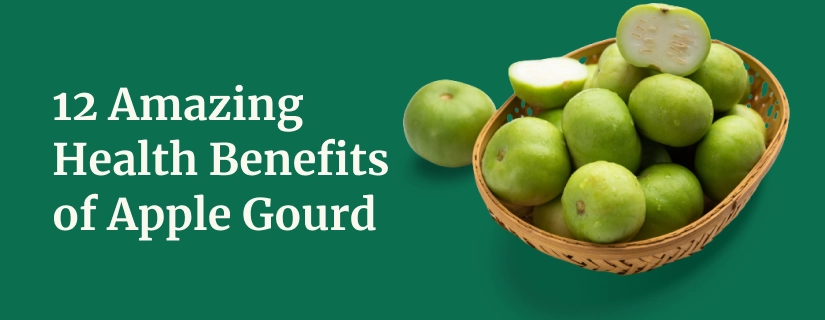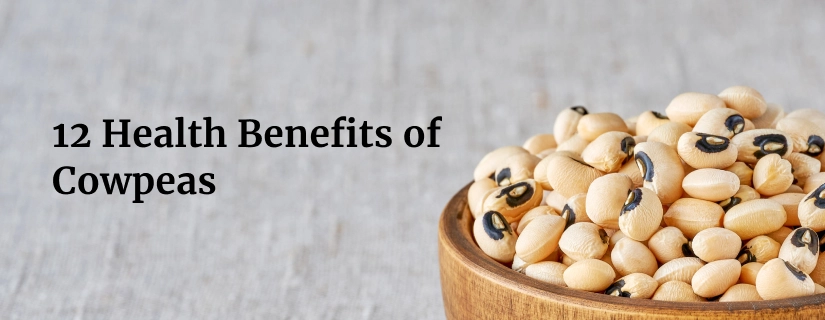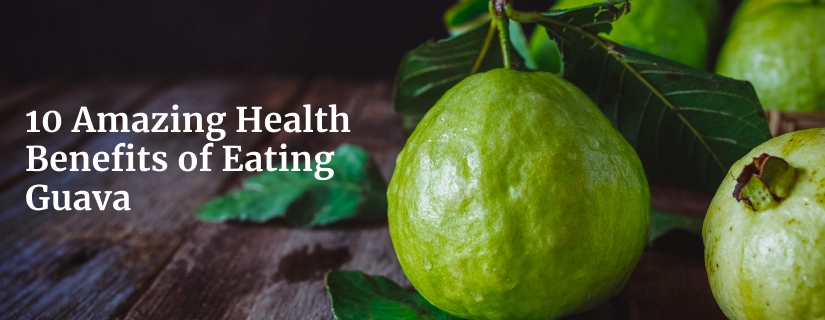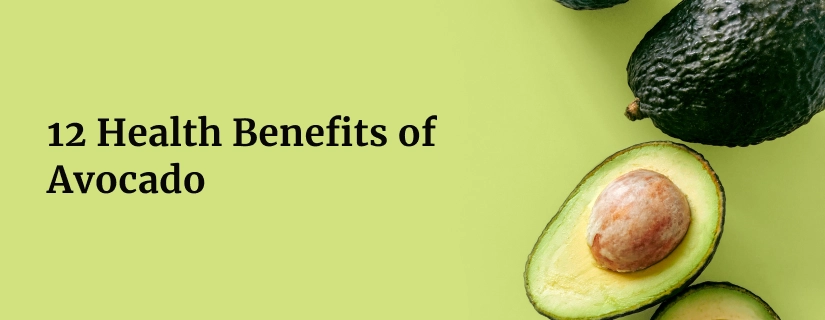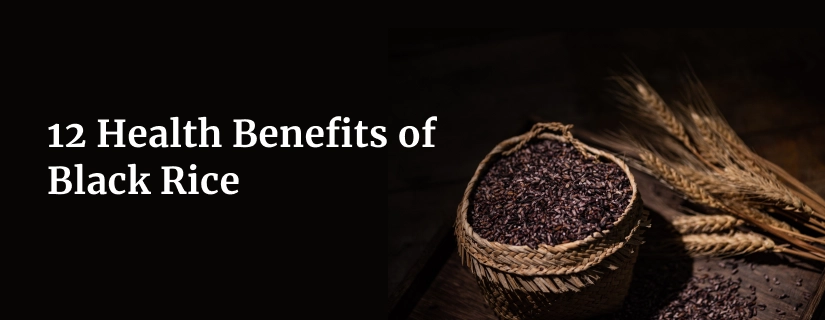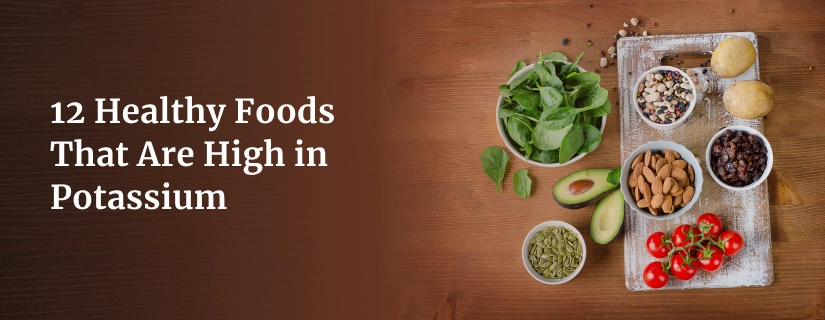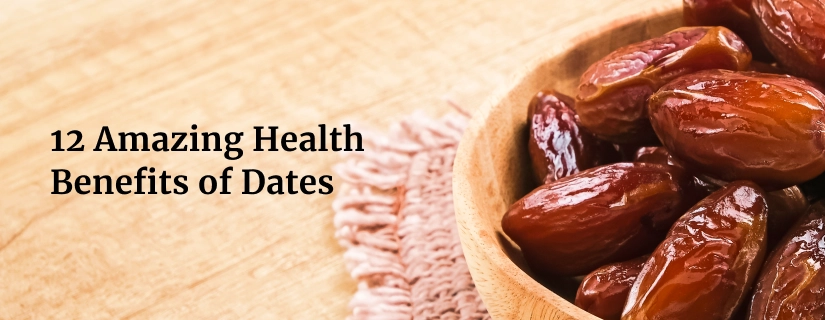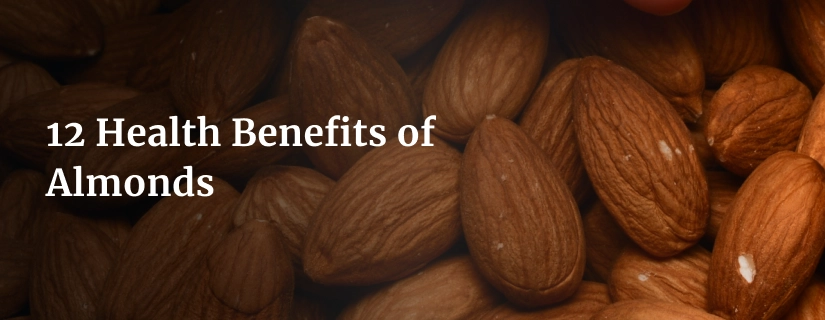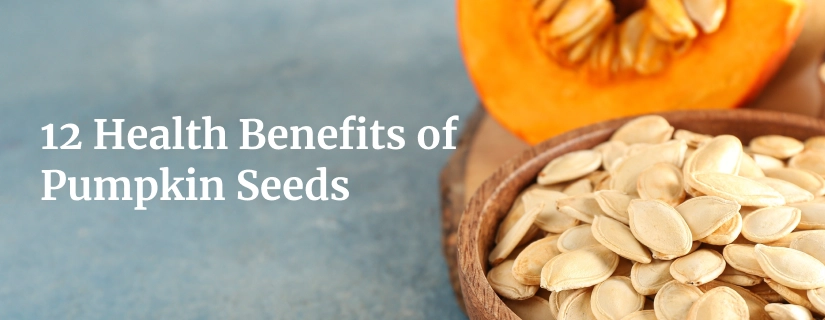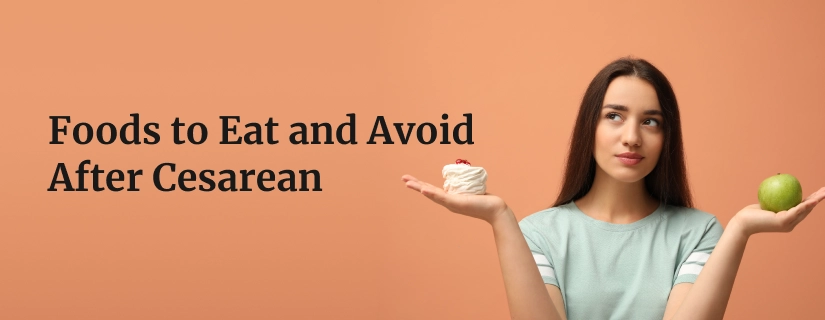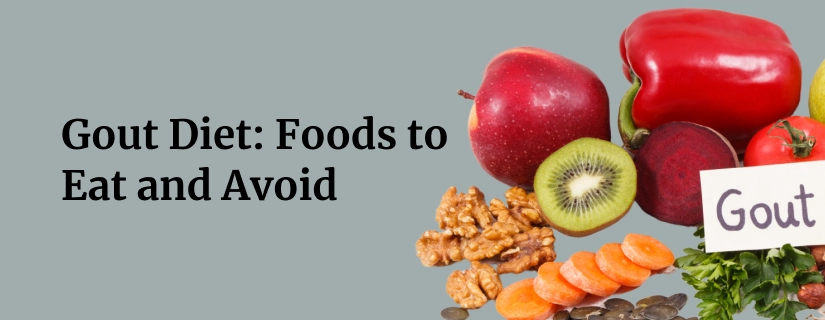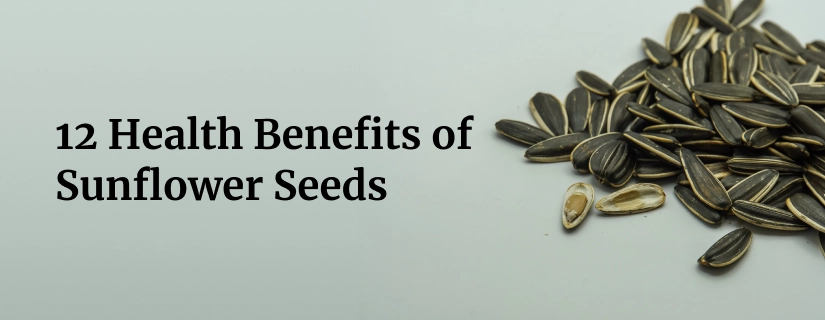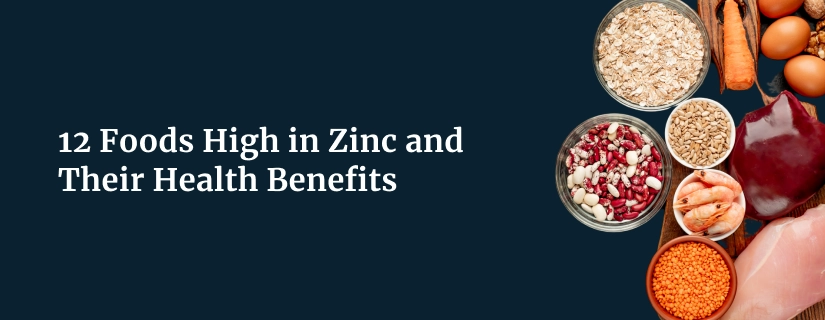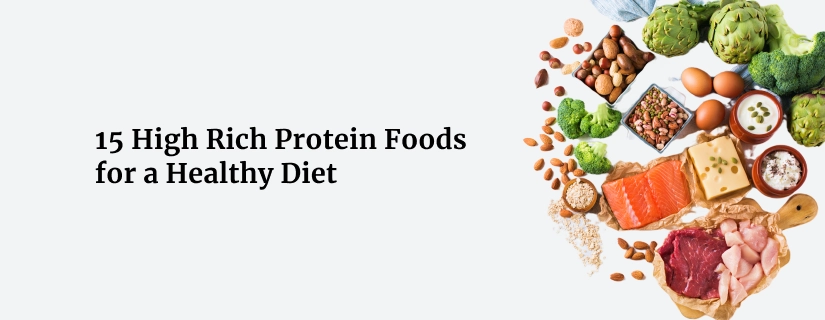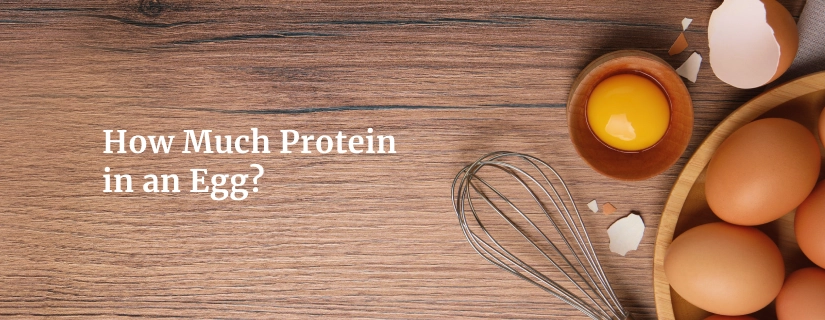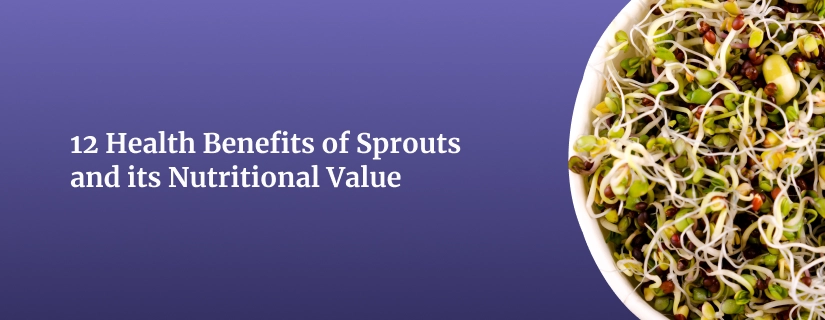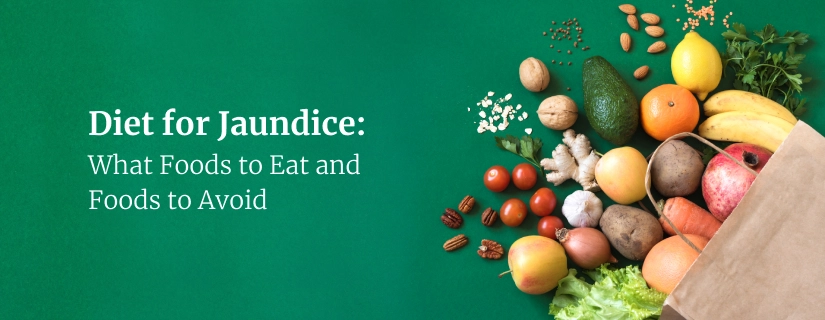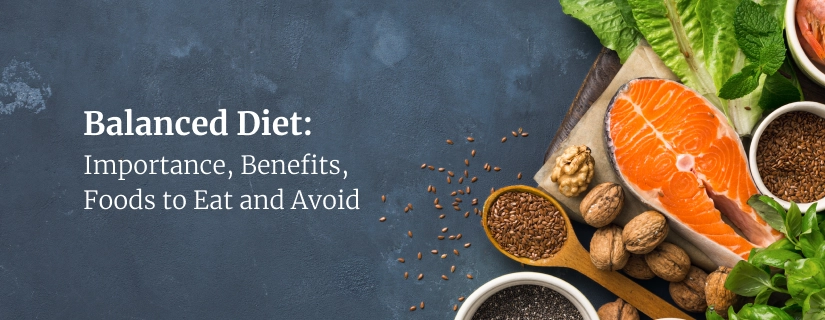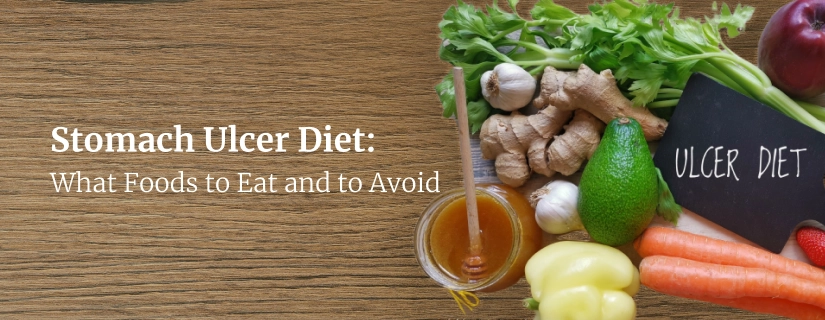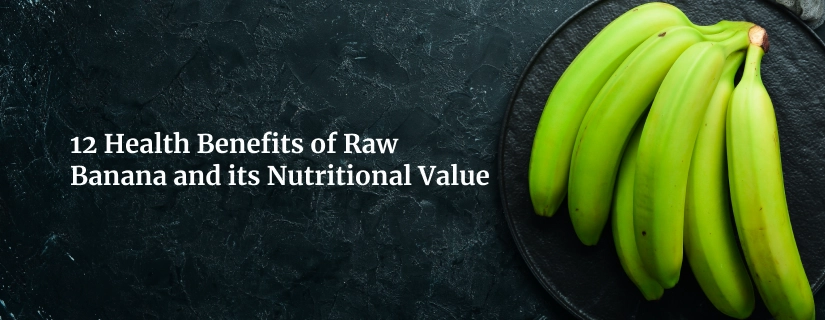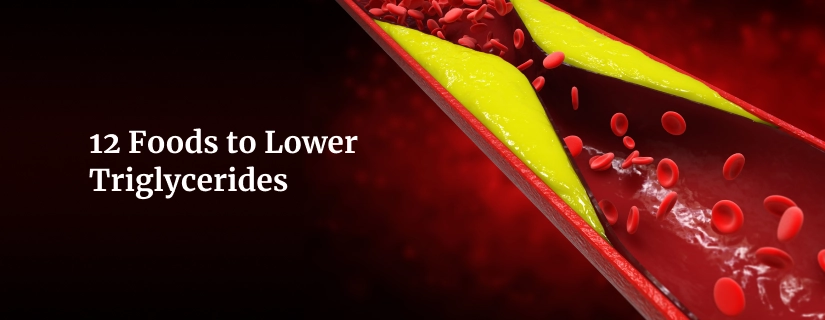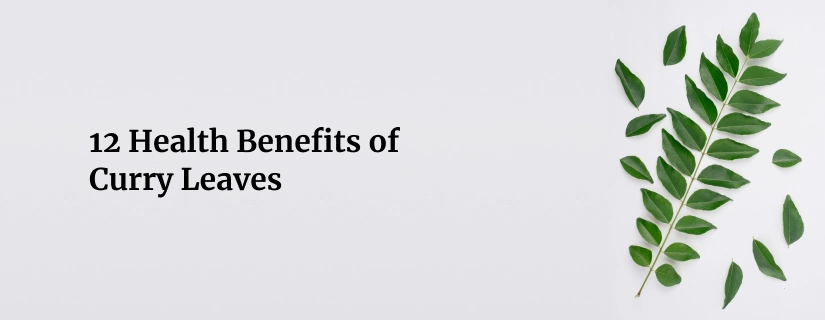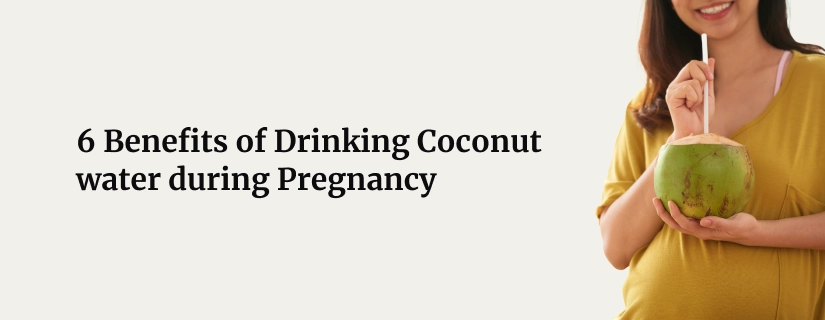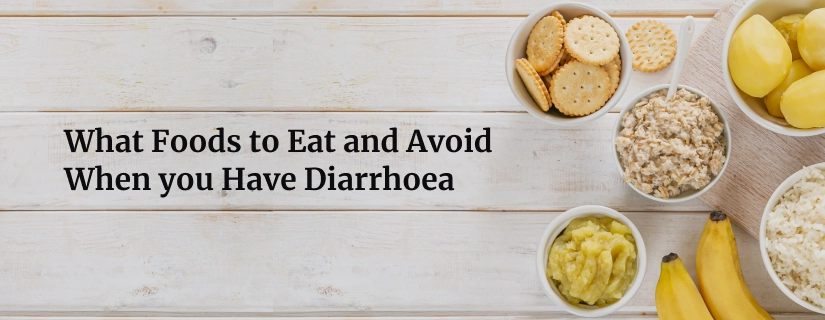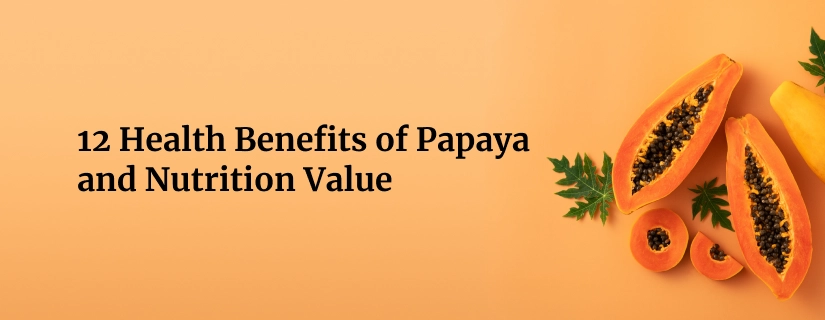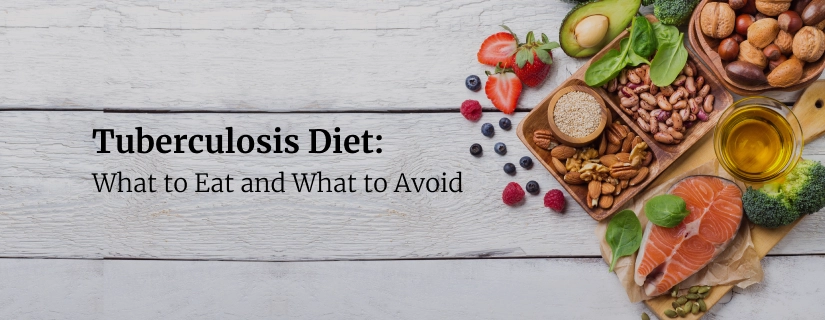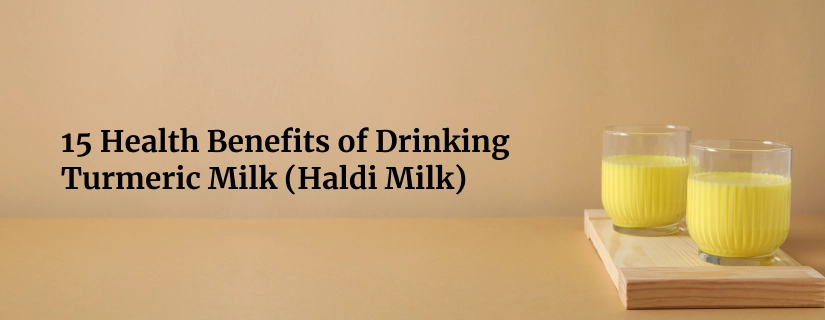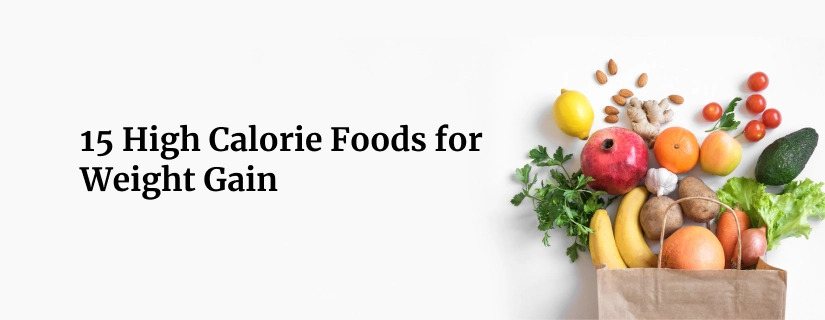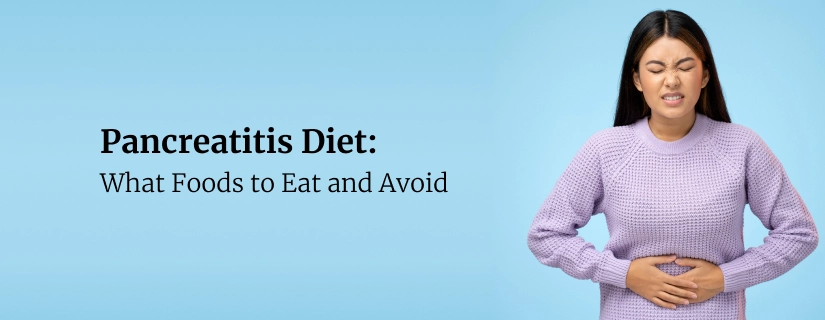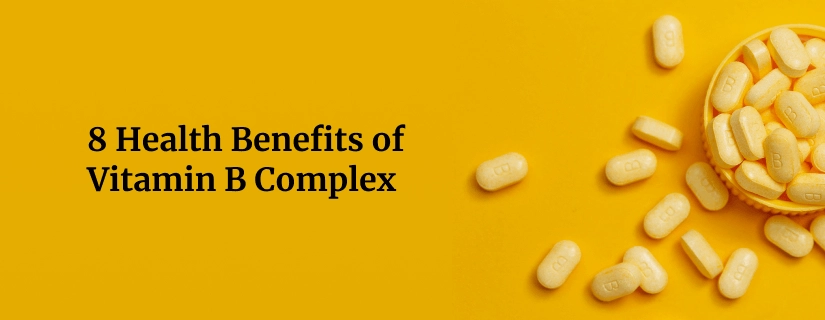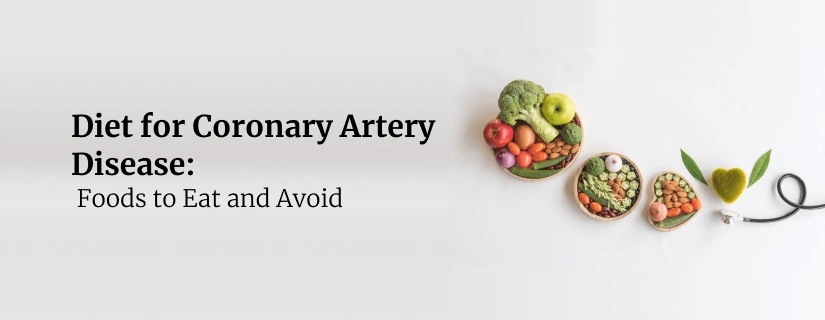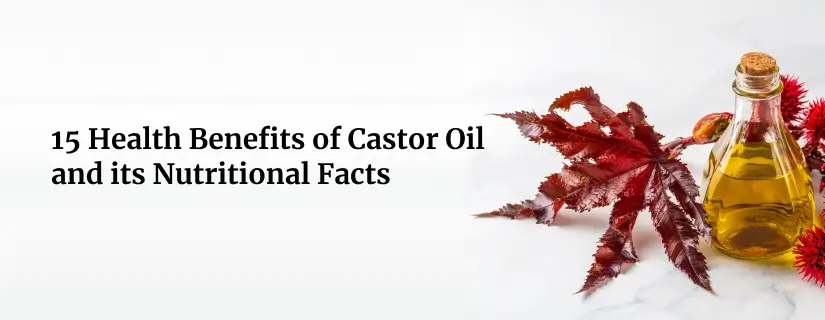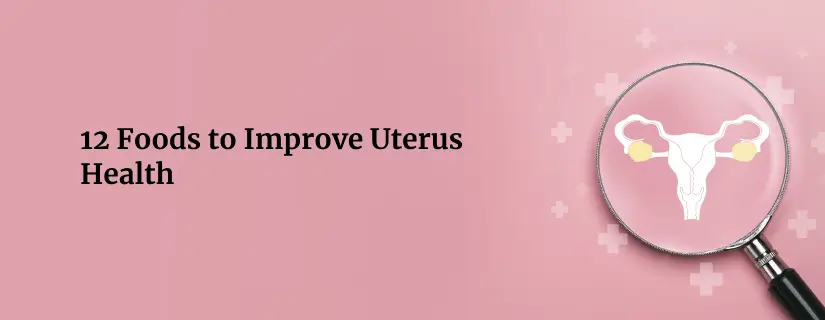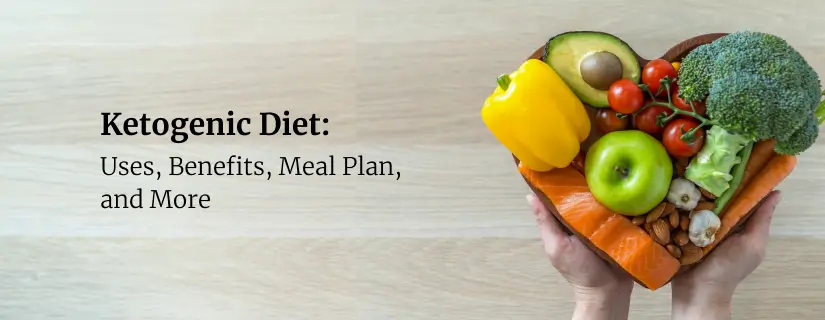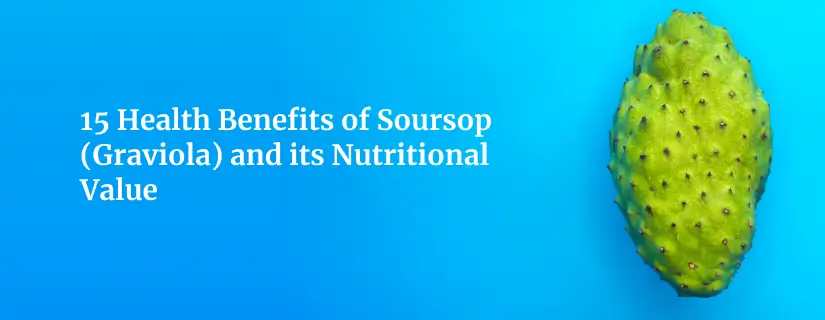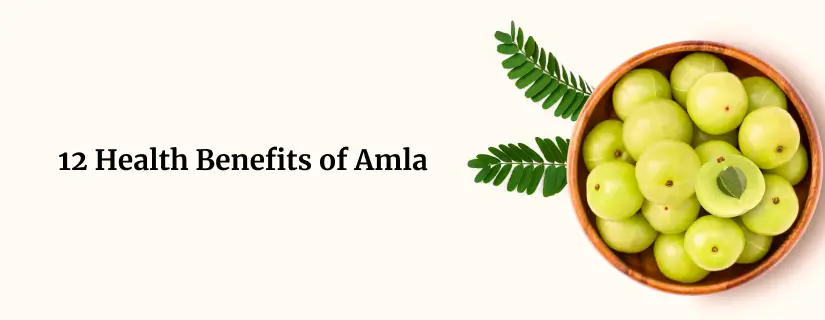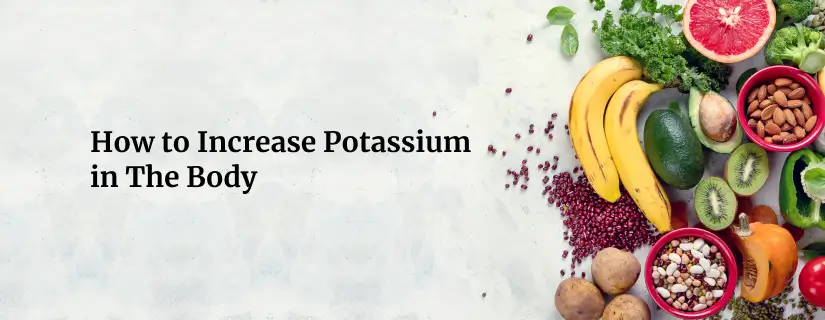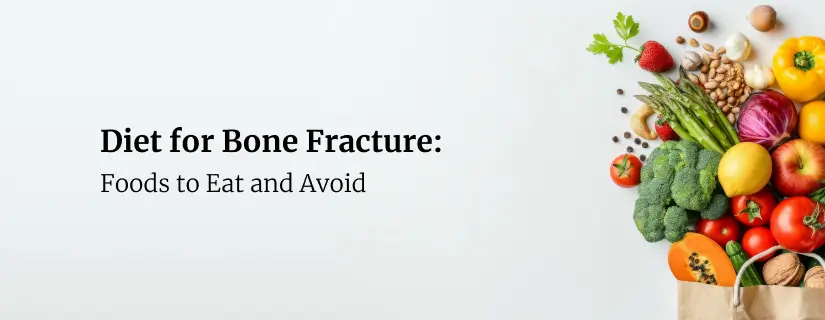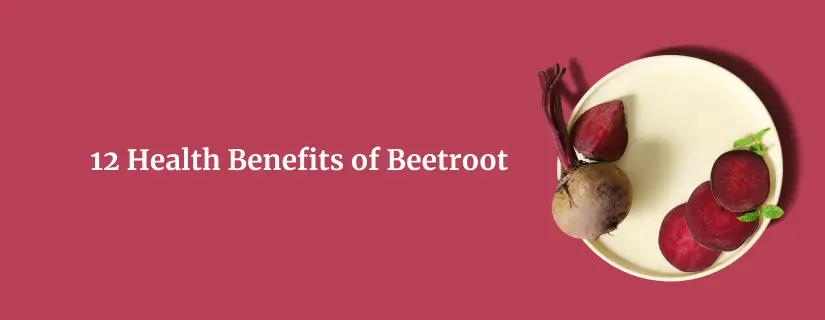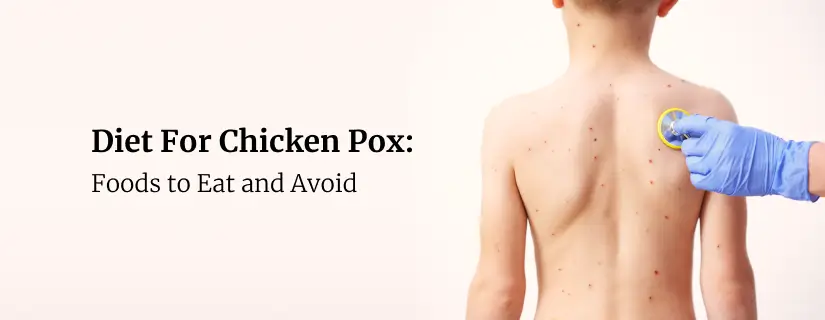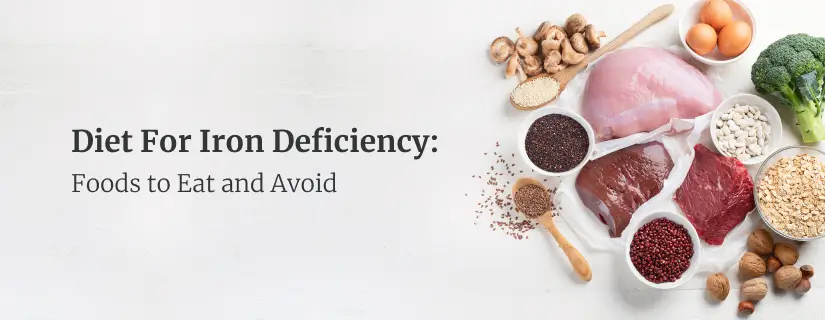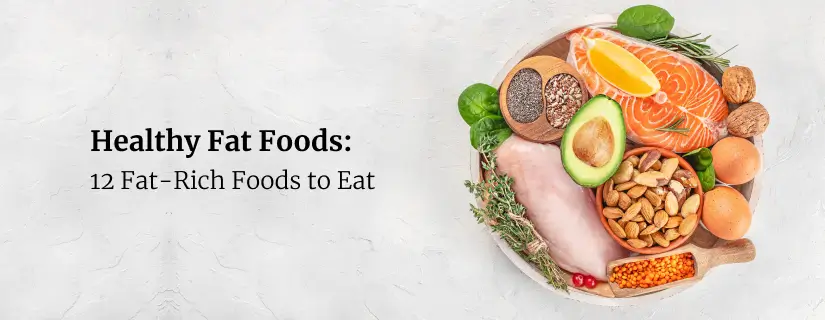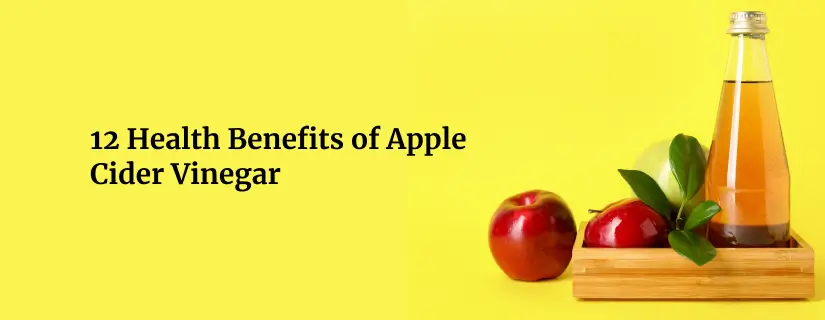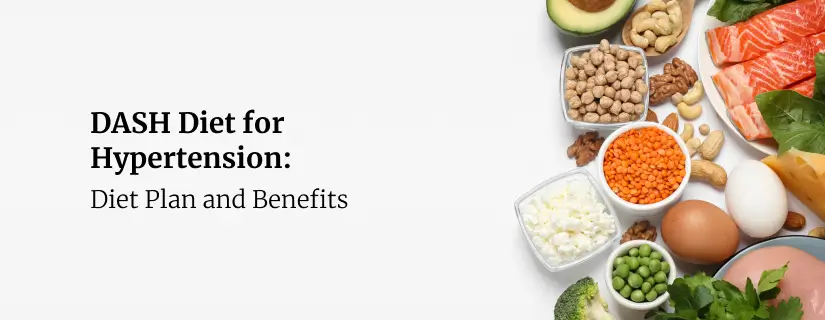-
Doctors
-
Specialities & Treatments
Centre of Excellence
Specialties
Treatments and Procedures
Hospitals & Directions HyderabadCARE Hospitals, Banjara Hills CARE Outpatient Centre, Banjara Hills CARE Hospitals, HITEC City CARE Hospitals, Nampally Gurunanak CARE Hospitals, Musheerabad CARE Hospitals Outpatient Centre, HITEC City CARE Hospitals, Malakpet
HyderabadCARE Hospitals, Banjara Hills CARE Outpatient Centre, Banjara Hills CARE Hospitals, HITEC City CARE Hospitals, Nampally Gurunanak CARE Hospitals, Musheerabad CARE Hospitals Outpatient Centre, HITEC City CARE Hospitals, Malakpet Raipur
Raipur
 Bhubaneswar
Bhubaneswar Visakhapatnam
Visakhapatnam
 Nagpur
Nagpur
 Indore
Indore
 Chh. Sambhajinagar
Chh. SambhajinagarClinics & Medical Centers
Book an AppointmentContact Us
Online Lab Reports
Book an Appointment
Consult Super-Specialist Doctors at CARE Hospitals
Top 20 Foods that are High in Vitamin K
Updated on 21 April 2023
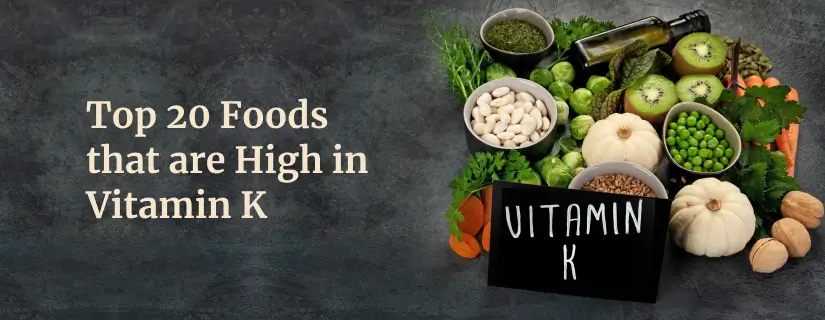
Vitamin K is an essential part of a healthy diet, which plays a crucial role in helping the blood clot and in building bone tissue. Vitamin K intake is usually through a regular diet where no supplements are required. Including vitamin K-rich foods like spinach, broccoli, and kale in your diet can help improve bone health.
Types of vitamin K
There are three types of vitamin K, but only two are necessary for the human body.
- Vitamin K1, also called phylloquinone, is mainly present in plants and plays a crucial role in liver-based blood clotting.
- Vitamin K2, also known as menaquinone, is typically found in animal and fermented products, with fewer food sources. It is also produced by gut bacteria and contributes to the health of blood vessels and bones.
- Vitamin K3, also referred to as menadione, is a synthetic vitamin and is not recommended for consumption.
Foods high in vitamin K
Some foods high in vitamin K are as follows:
- Broccoli: It is rich in fibre, Vitamin A, Vitamin K, Vitamin C, potassium, etc. About half a cup of cooked broccoli contains 110 mcg of Vitamin K.
- Blueberries: One serving or cup of blueberries can provide around 29 mcg of Vitamin K.
- Carrots: These are rich in fibre, starch, Vitamin A, Vitamin C, Vitamin K and Vitamin B8. Half a cup of carrot gives 9% of the daily requirement of Vitamin K.
- Cashews: 1 ounce of cashews contains around 9.7 mcg of Vitamin K, which makes up for about 8% of the daily requirement of Vitamin K.
- Cauliflower: One cup of cooked cauliflower contains 17.1 mcg of Vitamin K. it also contains nutrients like pantothenic acid and Vitamin B-6.
- Chicken: 100 grams of chicken contains 60 mcg of Vitamin K. Chicken is rich in calcium, iron, Vitamin A, Vitamin C, Vitamin B, Vitamin D, and zinc.
- Eggs: Egg yolks are rich in Vitamin K along with other essential nutrients like Vitamins A, D, and E and omega-3 fatty acids. One large egg yolk contains 5.8 mcg of Vitamin K.
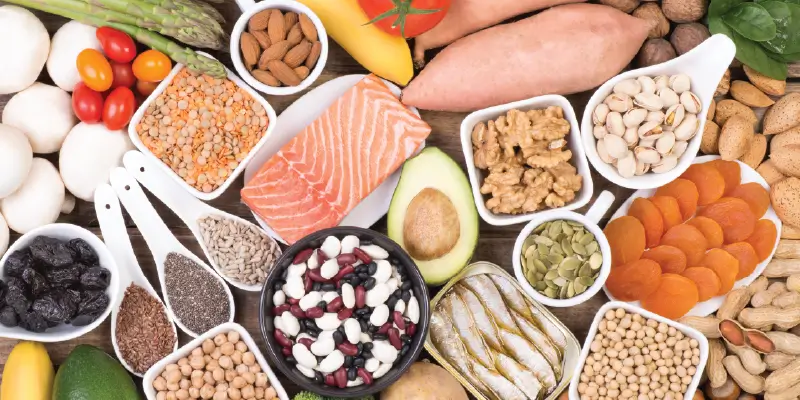
- Fish: Canned fish in oil has a good amount of Vitamin K. Light canned tuna in oil contains 37 mcg of Vitamin K per 3-ounce serving.
- Lamb Liver: It is an excellent source of vitamin K, having around 90-100 mcg in 100 grams.
- Grapes: In about ten grapes, you can get 3.5 mcg of Vitamin K.
- Kiwi: It is rich in Vitamin C and Vitamin K. In one Kiwi, you can get 28 mcg of Vitamin K.
- Lettuce: 100 grams of lettuce ( a great source) can get you around 120-140 mcg of Vitamin K.
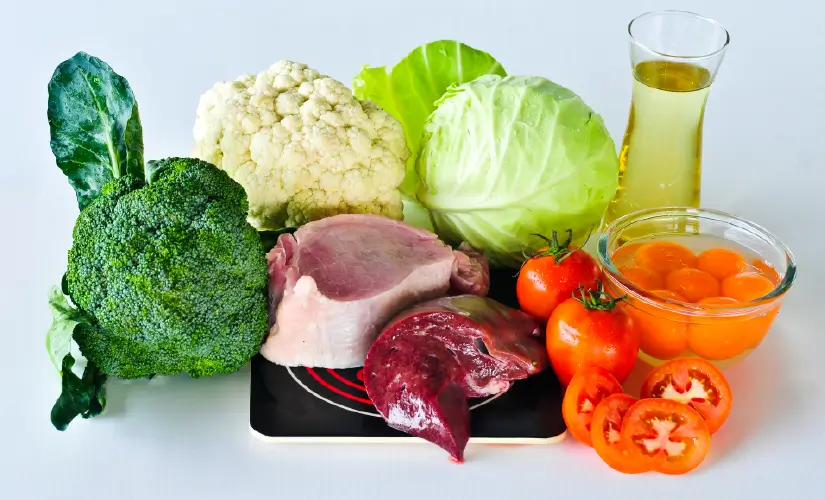
- Olive oil: It contains 62 mcg of Vitamin K in around 100 grams.
- Parsley: Just one sprig of parsley contains 164 mcg of Vitamin K, which is more than the DV.
- Pomegranate: Half a cup of pomegranate contains 14 mcg of Vitamin K. It is also rich in antioxidants and flavonoids.
- Avocados: These are also high in Vitamin K. In about 100 grams of avocado, there is around 21 mcg of Vitamin K.
- Pumpkin: One cup of canned pumpkin can fulfil 37% of the daily Vitamin K requirement.
- Soybean oil: Soybean oil is rich in Vitamin E, and Vitamin K. 1 spoonful of soybean oil contains 25 mcg of Vitamin K.
- Spinach: One cup of raw spinach contains 144.9 mcg of Vitamin K, while one cup of cooked spinach has about 888.5 mcg of Vitamin K.
- Canola Oil: You can easily get around 10 mcg of Vitamin K in one tablespoon of soybean oil.
So, these are a few foods that can be added to your diet to complete the Vitamin K requirement of the body. However, you may want to consult a nutritionist before adding new foods to your diet if you have certain medical conditions or are worried about allergies.
What does vitamin K do?
Vitamin K helps your body with blood clotting, which means it helps stop bleeding when you get a cut. It also plays a role in keeping your bones healthy by supporting bone strength. So, vitamin K is important for both healing and maintaining strong bones.
Who should not take excess vitamin K?
People who should avoid taking excess vitamin K include:
- Individuals on Blood Thinners: Those taking medications like warfarin should be cautious with vitamin K, as it can interfere with the medication’s effectiveness.
- People with Liver Disease: Since the liver helps process vitamin K, those with liver issues might have trouble managing excess amounts.
- People with Certain Medical Conditions: Those with conditions that affect blood clotting or metabolism may need to avoid excess vitamin K.
Dietary intake of vitamin k
The daily dietary requirements for vitamin K, with a focus on high-vitamin K foods:
- Infants (0-6 months): 2.0 micrograms (mcg)
- Infants (7-12 months): 2.5 mcg
- Children (1-3 years): 30 mcg
- Children (4-8 years): 55 mcg
- Children (9-13 years): 60 mcg
- Teens (14-18 years): 75 mcg
- Adults (19 years and older): 90 mcg (women), 120 mcg (men)
For a diet high in vitamin K, include these foods:
- Kale: One cup of cooked kale provides about 1000 mcg of vitamin K.
- Spinach: One cup of cooked spinach offers around 890 mcg.
- Broccoli: One cup of cooked broccoli contains about 220 mcg.
- Brussels Sprouts: One cup cooked has approximately 200 mcg.
- Green Lettuce: One cup provides about 60 mcg.
How do you meet your vitamin K requirements?
To meet your vitamin K requirements, you can include a variety of foods in your diet that are rich in this nutrient. Here are some great options:
- Leafy Greens
- Kale
- Spinach
- Broccoli
- Collard Greens
- Brussels Sprouts
These are some of the best sources of vitamin K, and including them in your meals regularly can help you meet your daily needs.
- Vegetables
- Green Beans
- Asparagus
- Cabbage
- Lettuce
These vegetables are also good sources of vitamin K and can easily be added to salads, soups, or as side dishes.
- Fruits
- Kiwi
- Blueberries
- Grapes
- Avocado
Certain fruits like kiwi and blueberries contain moderate amounts of vitamin K.
- Vegetable Oils
- Soybean Oil
- Canola Oil
- Olive Oil
These oils contain vitamin K and can be used in cooking or salad dressings.
- Meat and Dairy
- Eggs
- Liver
- Cheese
While not as rich in vitamin K as leafy greens, these animal products can still contribute to your overall intake.
Including a variety of these foods in your diet can help ensure you get enough vitamin K to support healthy blood clotting and bone strength.
FAQs
1. Why is Vitamin K important for health?
Vitamin K is vital for blood clotting and bone health. It plays a key role in helping the body form blood clots when needed and in maintaining strong and healthy bones.
2. Which foods are the best sources of Vitamin K?
Cabbage, hard cheese, kale, spinach, kiwi, avocado, collard greens, whole milk, egg yolks, broccoli, bacon, and prunes are among the top foods that contain abundant amounts of Vitamin K.
3. What are the signs of Vitamin K deficiency?
Symptoms of a deficiency in Vitamin K include excessive bleeding, a tendency to bruise easily, internal bleeding in the stomach and intestines, and experiencing heavy menstrual periods.
4. What are the benefits of consuming foods high in Vitamin K?
Foods rich in Vitamin K contribute to blood clotting, bone health, and may have potential cardiovascular and anti-inflammatory benefits.
5. Is there a recommended daily intake for Vitamin K?
Yes, the recommended daily intake of Vitamin K varies by age and gender. For adults, it typically ranges from 90 to 120 micrograms per day. Pregnant and lactating women may require slightly higher amounts.
6. Which food has the highest vitamin K?
The food highest in vitamin K is kale. Leafy green vegetables like kale, spinach, and broccoli are particularly rich in vitamin K, making them excellent choices to boost your intake.
7. What are the symptoms of low vitamin K?
Symptoms of low vitamin K include easy bruising, excessive bleeding from wounds, nosebleeds, and bleeding gums. In severe cases, it may lead to blood in the urine or stool.
8. Is egg rich in vitamin K?
Eggs contain some vitamin K, but they are not particularly rich in it. Most of the vitamin K in a diet typically comes from leafy green vegetables rather than animal products like eggs.
9. Is curd rich in vitamin K?
Curd contains a small amount of vitamin K, but it’s not considered a rich source. For higher vitamin K content, leafy greens and fermented foods like natto are better options.
10. Can vitamin K deficiency be cured?
Yes, vitamin K deficiency can be treated by increasing the intake of vitamin K-rich foods or through supplements. In some cases, especially in severe deficiencies, doctors might prescribe vitamin K injections.

ENQUIRY FORM
SELECT CATEGORIES
-
Neurosciences (16)
-
Neurology (37)
-
Neurosurgery (14)
-
Orthopaedics (48)
-
Oncology (33)
-
Obstetrics and gynecology (52)
-
Pulmonology (23)
-
Urology (20)
-
Nephrology (13)
-
Psychiatry (7)
-
Dietetics and Nutrition (111)
-
General Medicine (63)
-
Cardiac Sciences (32)
-
Vascular & Endovascular Surgery and Interventional Radiology (15)
-
Gastroenterology (46)
-
Endocrinology (23)
-
Plastic Surgery (10)
-
Critical Care Medicine (5)
-
COVID-19 (16)
-
Dermatology (16)
-
Emergency Care (1)
-
Ophthalmology (4)
-
Pediatrics (14)
-
Laparoscopic and Bariatric Surgery (8)
-
ENT (15)
-
Kidney Transplant (1)
-
Liver Transplantation and Hepatobiliary Surgery (5)
-
General Surgery (3)
-
Internal Medicine (5)
-
Medicine Information
Pregnancy Diet Plan for Each Trimester
Health Benefits of Dragon Fruit
YOU MAY ALSO LIKE
RECENT BLOGS
-

Preterm Birth (Premature Birth): Symptoms, Causes, Treatment and Prevention
13 May 2025
Read More
-

Rotablation Angioplasty: Benefits, Treatments, And Recovery Time
9 May 2025
Read More
-

What Is The Difference Between IUI and IVF?
9 May 2025
Read More
-

Venous Malformations: Causes, Symptoms, and Treatment
30 April 2025
Read More
-

Varicose Vein Foam Sclerotherapy: Treatment, Benefits, and Procedure
30 April 2025
Read More
-

Radiofrequency (RF) Ablation Treatment for Varicose Veins: Know More
30 April 2025
Read More
-

Varicose Vein Sclerotherapy: Treatment, Benefits, and Procedure
30 April 2025
Read More
-

Varicose Vein Endovenous Laser Ablation: Procedure, Benefits, Risks
30 April 2025
Read More
Have a Question?
If you cannot find answers to your queries, please fill out the enquiry form or call the number below. We will contact you shortly.





